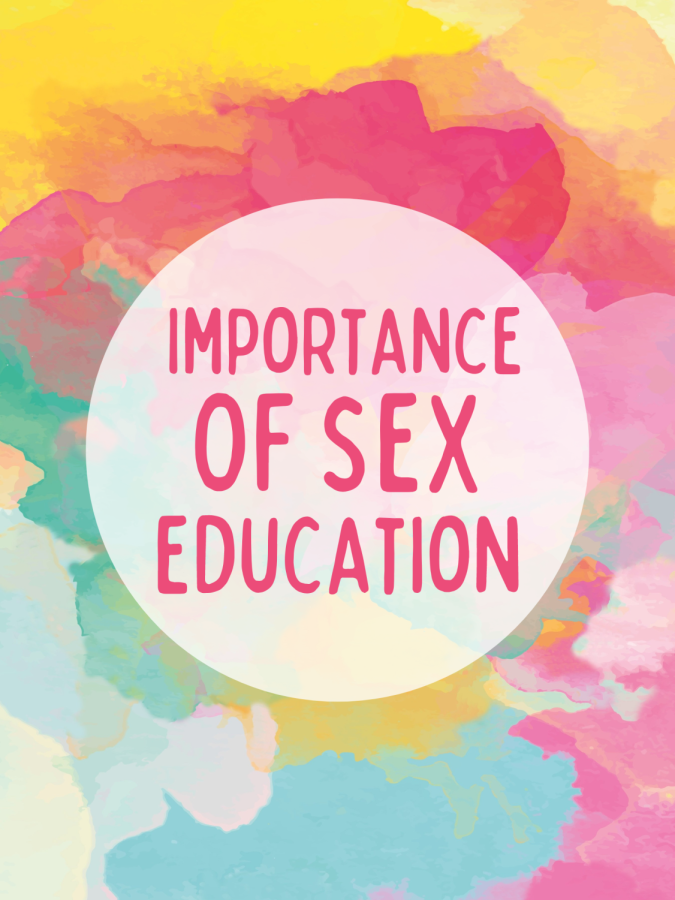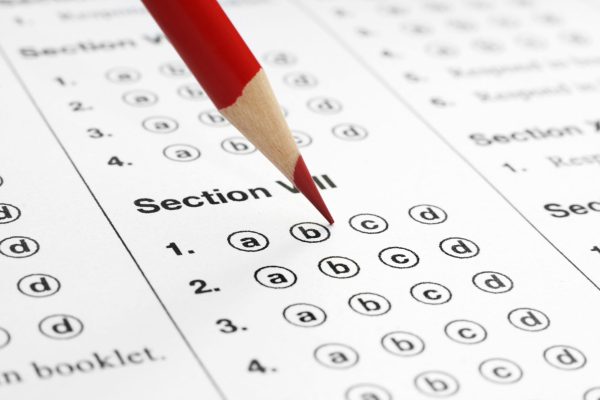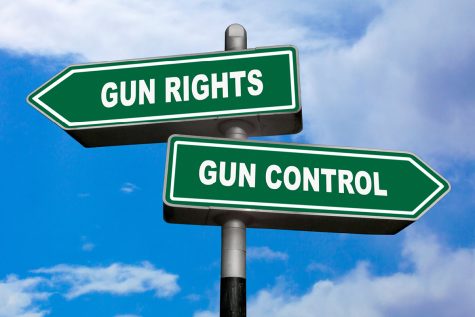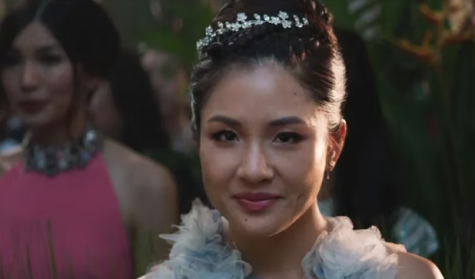The importance of sex education
It’s a basic human right of youth to understand the fundamentals and deeper parts of sex education.
According to Planned Parenthood, sex education is high quality teaching and learning about a broad variety of topics related to sex and sexuality. It explores values and beliefs about those topics and helps people, specifically adolescents and teens, gain the skills that are needed to navigate relationships with self, partners and community, and manage one’s own sexual health.
Ironically, the definition of sex education is “high quality,” but there’s nothing “high quality” about it. Nowadays, schools’ way of teaching sex ed is a brief lesson or a short video to quickly give a run down on the basis of sex ed, but there’s so much more to it.
Sex ed goes beyond sex, although that’s still important to know. Sex education gives young people the knowledge and skills they need for a lifetime of good sexual health. They learn how to have healthy relationships, make informed decisions about sex, think critically about the world, be a good ally to those who are marginalized and love themselves for who they are.
Although almost every state has some guidance on how and when sex education should be taught, decisions are often left up to individual school districts, creating a patchwork of inconsistent policies and practices within states. The sex education someone receives can come down to what school district they live in or which school they attend.
Virginia mandates health education, but sex education is not required. The curriculum is not required to be comprehensive nor is it required to include instruction on sexual orientation or gender identity. The curriculum must emphasize abstinence, and parents or guardians may remove their students from any class, which is referred to as an “opt-out” policy. Because of some of these policies and requirements, children are not getting what they need out of sex education, and they reap the consequences from it.
If a person does not learn the lessons of sex ed, they’re at a higher risk for sexually transmitted diseases (STDs), unplanned pregnancies, sexual violence and more. By not teaching sex ed, it is implying to children that not having sex is the only morally acceptable, safe and effective way to avoid STDs, pregnancies, and such. But, not learning puts the person at a higher risk of unsafe sex. Many programs don’t even talk about birth control or condoms. It is the school’s job to educate us on the good, bad, comfortable and uncomfortable.
When taught at the right time by the right person, sex education can lead to appreciation of sexual diversity, dating and intimate partner violence prevention, development of healthy relationships, prevention of child sex abuse, improved social/emotional learning and increased media literacy.
If you need additional resources or have any questions, there are many programs and organizations available to help you. The Virginia League for Planned Parenthood collaborates with various community partners worldwide to offer sex education programs for teens, adults and professionals because they believe people should get information and answers to their questions about sex and relationships, without being shamed or judged. Their programs are medically accurate, evidence-informed and inclusive.

Abbey Huffer is a senior at Independence High School. This is her fourth year in journalism and third year writing for her school's newspaper. She was...






